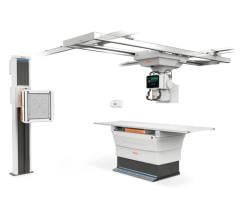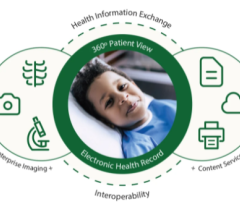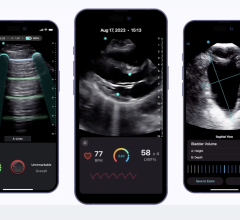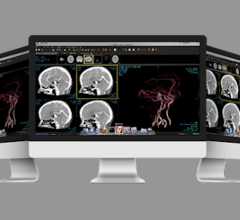David Blumenthal, M.D., M.P.P., the national coordinator for Health Information Technology, U.S. Department of Health & Human Services.
November 12, 2009 - To achieve the HITECH Act's goal of improving healthcare for patients by making it patient-centered, "information should follow the patient, and... should not get in the way," stressed David Blumenthal, M.D., M.P.P., the national coordinator for health information technology, U.S. Department of Health & Human Services, in a public statement issued today. "If we are to reap the benefit of information exchange, Americans must also be assured that the most advanced technology and proven business practices will be employed to secure the privacy and security of their personal health information both within and across electronic systems," noted Dr. Blumenthal. Policies in the HITECH Act will not support systems that restrict the exchange of information required for patient care across provider or network boundaries, indicated Blumenthal. He warns that such arrangements create information silos, which undermine the goal of the act to create a secure, interoperable, nationwide health information infrastructure. "Consumers, patients and their caretakers should never feel locked into a single health system or exchange arrangement because it does not permit or encourage the sharing of information," said Dr. Blumenthal. In the statement, he notes that “meaningful use” underscores “information exchange” as one requirement for the incentives. "The HITECH Act focuses on “interoperability” or “interoperable products... This means that our policies, programs, and incentives must aim for electronic health record (EHR) software and systems that can share information with different EHRs and networks so that information can follow patients wherever they go," said Dr. Blumenthal. For more information: healthit.hhs.gov/portal/

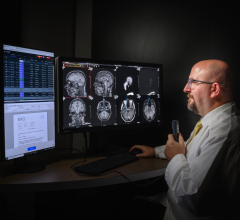
 June 28, 2024
June 28, 2024 

